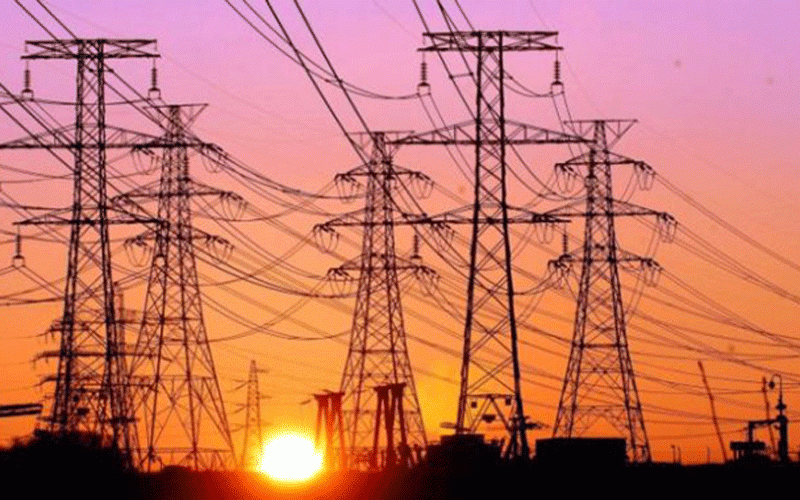
ZESA Holdings has revealed that it is barely managing to meet its foreign and local obligations owing to the country’s tight economic situation.
The utility is struggling to service a US$2 billion foreign debt as well as meet a basket of other operational challenges and has been failing to service its loans owing to a subsided tariff regime that have been prevailing over the years.
Appearing before the Parliamentary Portfolio Committee on Energy led by Chinhoyi legislator Leslie Mhangwa, Zesa acting chief executive Eliab Chikwenhere said: “The government has allowed us to bill in foreign currency, but we are not generating enough to meet our requirements, especially when we take into account that we have to import power from the region and service our debts.”
The power utility is importing almost 200 megawatts (MW) at a cost of US$18,5 million.
“We also have to meet obligations for the operation of units 7 and 8. The requirements are quite phenomenal because on a monthly basis if all units are running at 90%, we need US$36 million per month to service that debt,” he said.
“If you look at our foreign obligations, they are close to US$2 billion. These must be serviced and if you compare that to the US$55 million that we are getting per month, then you realise that we have quite a big assignment on our hands.”
The unstable local currency is further exacerbating Zesa’s woes.
According to Chikwenhere, the power utility incurs substantial exchange rate losses due to US dollar-denominated loans, local supplier contracts and the need to purchase spare parts in foreign currency.
- Call for recognition of unpaid care, domestic work
- More violence rock NYS hearings
- Low tariffs weigh down ZETDC
- Enact Right to Shelter Act, Parly urged
Keep Reading
“The other problem is an unstable currency. We are grateful that the government and the responsible ministry are doing everything possible to stabilise the currency, but the impact on us is quite huge,” he said.
“We have local suppliers that require that we pay in foreign currency and we have local contracts that are also paid in foreign currency, but the fact that each time we have an adjustment in exchange rate, as Zesa, we incur huge exchange losses.
“If you are to look at our financial statements for the past three years, you will notice that we have huge exchange losses.”
Chikwenhere also said maintaining aged equipment units one to six days at Hwange Power Station requires substantial financial resources.
“The problem has been compounded by the state of our equipment at Hwange Power Station, specifically looking at unit one to six. These are old units that we are trying to maintain because it’s important that we do so,” he said.
“We have to commit a lot of resources, but I would say for the last 10 years, we have had problems with funding for the maintenance.”
Zimbabweans are going for several hours without electricity due to depressed generation capacity at the country’s power stations.
As of yesterday, the country was generating 1 319MW against a daily demand of up to 2 000MW.







